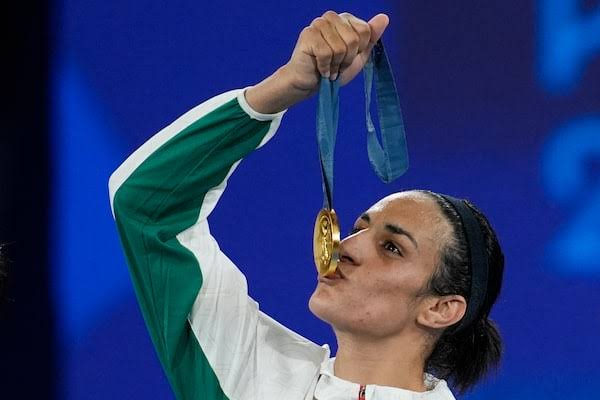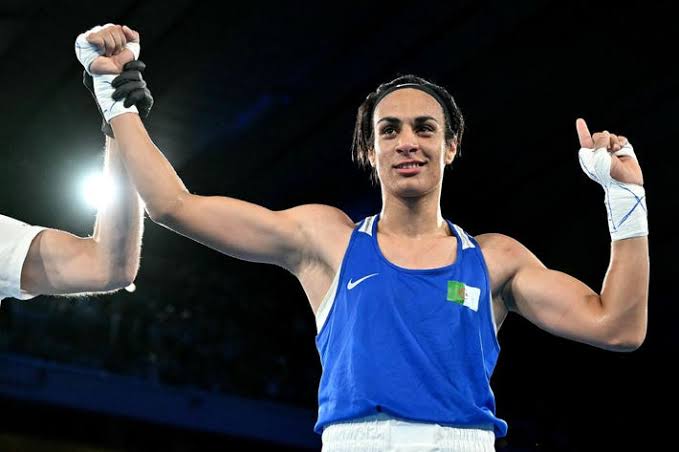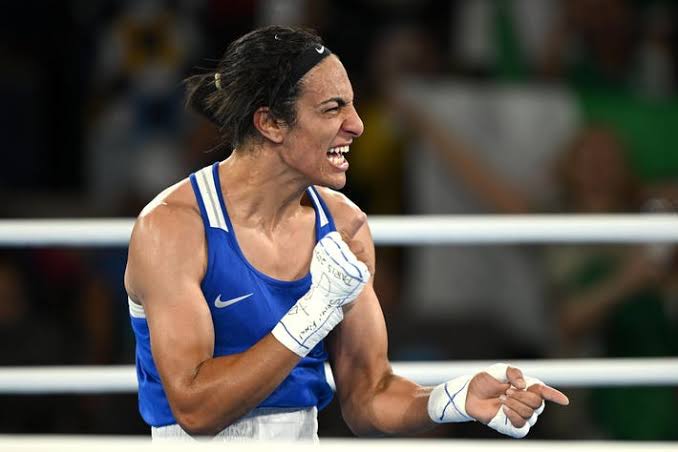Imane Khelif, the 2024 Paris Olympics gold medalist, has stirred significant controversy with her recent confession about her personal motivations and training regimen.
Khelif, who has been widely celebrated for her exceptional strength and athleticism, revealed that her drive to succeed was fueled by an intense obsession with appearing and performing like a man.
In a candid admission, she discussed how her rigorous training was shaped by a desire to emulate masculine attributes and abilities.
Khelif’s confession sheds light on the underlying pressures and psychological battles faced by female athletes in competitive sports.
She explained that her determination to embody traits typically associated with men—such as muscularity and physical dominance—was a key factor in her rigorous training routine.
This approach, she believes, contributed significantly to her strength and performance, ultimately leading to her historic gold medal win.
Her remarks have sparked a wide range of reactions. On one hand, some view her admission as an inspiring example of dedication and the lengths to which athletes will go to excel.
On the other hand, her statements have prompted discussions about the societal expectations placed on female athletes and the extent to which gender norms influence their training and self-perception.
Khelif’s experience highlights a broader conversation about gender identity and representation in sports. It underscores the challenges female athletes face in balancing their personal aspirations with external expectations.
While her success on the Olympic stage is undeniable, her story raises important questions about the pressures that drive athletes to conform to certain ideals and the impact of these pressures on their well-being and identity.
